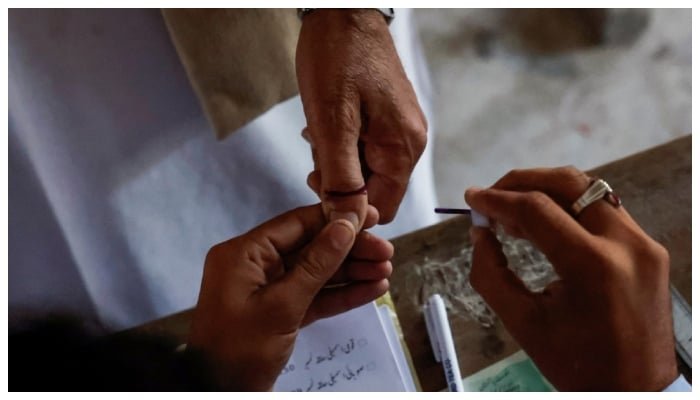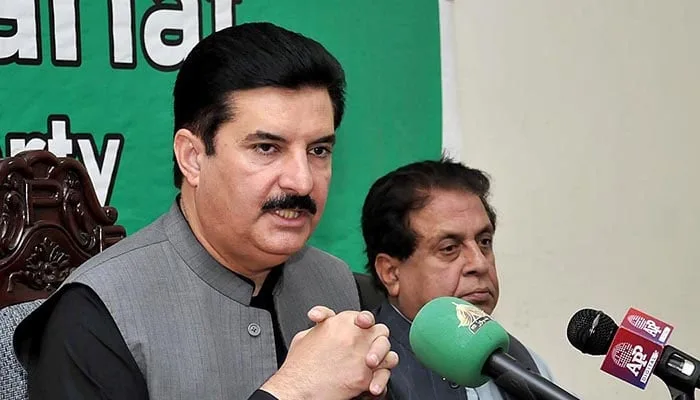The results of the exit poll conducted by Gallup Pakistan for the 2024 elections have shed light on a notable trend: a reduced influence of familial ties on voting decisions. According to the survey, 52% of Pakistani voters made their decision independently, without being swayed by familial pressures or affiliations.
This shift is further emphasized by the fact that 48% of respondents cited reasons other than family influence for their voting choice. Additionally, 64% of respondents expressed their preference for candidates from outside their family circle, indicating a growing inclination towards merit-based selection rather than familial considerations.
The survey findings reveal a significant departure from traditional voting patterns, with only 15% of respondents prioritizing familial ties when casting their votes. Instead, 21% of voters highlighted the candidate’s track record and achievements as the primary factor influencing their voting decision, indicating a shift towards a more issue-based and performance-oriented approach to elections.
Furthermore, the survey results indicate that 19% of voters remained loyal to their political party and voted for the party’s selected candidate, while 16% of respondents chose to support candidates who promised to address issues related to law enforcement and sanitation.
This trend reflects a growing awareness and engagement among Pakistani voters, who are increasingly prioritizing candidates’ qualifications, performance, and policy agendas over familial affiliations or party loyalties. The survey findings suggest a maturing of the democratic process in Pakistan, with voters demanding accountability, transparency, and tangible results from their elected representatives.
The Gallup Pakistan survey highlights a positive evolution in the electoral landscape, with voters demonstrating a greater independence and discernment in their decision-making process. As Pakistan continues on its democratic journey, the diminishing influence of familial ties in elections represents a significant step towards a more inclusive and meritocratic political system.



